Tanja Ostojić: Mis(s)placed Women? 2009-2021, Collaborative Art Project
Artist/Author: Tanja Ostojić
Curator: Dejan Vasić
Curatorial Assistance: Katarina Kostandinović and Tanja Ostojić
Venues and Dates:
Podroom Gallery, Cultural Centre of Belgrade, KCB (Trg republike 5, -1, Belgrade)
Tanja Ostojić: Mis(s)placed Women? 2009-2021, exhibition: Oct 14 – Nov 18, 2021
New Gallery of Visual Arts, NGVU (Kralja Milutina 49, Belgrade)
Tanja Ostojić: Mis(s)placed Women? 2009-2021, exhibition: Oct 15 – Nov 18, 2021
Center for Cultural Decontamination, CZKD (Birčaninova 21, Belgrade)
Mis(s)placed Women? Performance Weekend and the International Community Gathering: Oct 16 – 17, 2021


Mis(s)placed Women? is a collaborative art project that I started in 2009, consisting of performances and performance art workshops, including contributions by over 160 individuals. Many of them are artists, mainly identifying themselves as women from diverse backgrounds. Within this project, we embody and enact some of everyday-life’s activities that thematize displacement, known to migrants, refugees, and the itinerant artists traveling the world to earn their living. Those performances deal with migration issues, power relations and vulnerability, particularly concerning the female and transgender bodies, an aspect that figured prominently in my art practice. With this project, on one side, we are investigating privilege by making a distinction between working mobility, forced or desired migration, and how arbitrary laws may apply, and on the other side, exploring diverse public spaces and the invisibility of certain groups within them. In the frame of this project, in which I apply feminist emancipatory methodologies of artistic and community practices, I conducted numerous workshops globally where the participants are selected by open call. Individual and group artworks and interventions are developed and produced in this frame. The development of collaboration within the group and forming of a community are very precious processes as well as the further communication with a wide audience that we meet on the streets, and targeted audiences in the venues where presentations, exhibitions and discussions take place. (T. Ostojić)

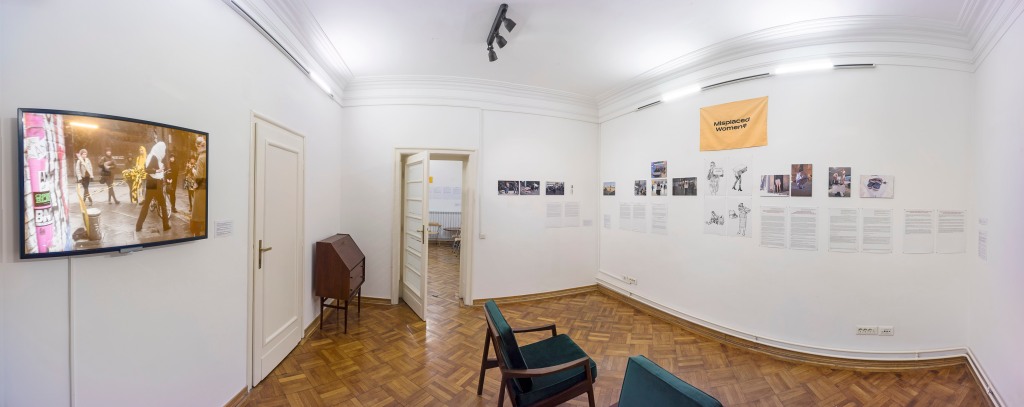

Mis(s)placed Women? community members whose contributions and artworks were presented in the Mis(s)placed Women? 2009-2021 exhibition include: Teresa Albor, Nela Antonović, Helen Averley,Gaby Bila-Günther, Dagmara Bilon, Ines Borovac, Mia Bradić, Amy Bryzgel, David Caines, Nati Canto, Anaïs Clercx, Azad Colemêrg, Culture Hub Croatia, Luciana Damiani, Alix Denambride, Emma Edvige Ungaro, Li Fu, Hieu Hanh Hoang Tran, Robyn Hambrook, Kwestan Jamal Bawan, Monika Janulevičiūtė, Marija Jevtić, Lissette Nicole Josseau, Jane Kay Park, Mad Kate, Elena Marchevska, Valentina Medda, Susan Merrick, Kim McCafferty, Ashley McNaughton, Branko Milisković, Marta Nitecka Barche, Tanja Ostojić, Sigrid Pawelke, Darija Radaković, Rhea Ramjohn, Alejandra Robles Sosa, Kirsty Russell, Evdoxia Stafylaraki, Suncica Šido, Tan Tan, Cherry Truluck, Tanya Ury, Katja Vaghi, Patricia Verity, Wai Wai, Anastasio William, Hyla Willis, Jiachen Xu.

Tanja Ostojić exhibited photos, stories, videos, sound, drawings, signs and performance scores from the very rich “MIS(S)PLACED WOMEN?” participatory art project archives in the form of a multimedia installation, including works from the collection of the MSUV, Museum of Contemporary Art Vojvodina in two exhibition venues, live interventions in the public spaces in Belgrade and community gathering in presence and over zoom, presented at CZKD.


At Trg Republike, Pionirski Park, park Manjez and in the CZKD, during the performance weekend, some of the most active local and international Misplaced Women? community members met, exchanged ideas and thoughts and perform together. With the participation of: Tanja Ostojić, Teresa Albor, Lidija Antonović, Nela Antonović, Dagmara Bilon, Paula Chambers, Jiachen Xu, Jelena Dinić, Hieu Hanh Hoang Tran, LADY GABY, Mad Kate, Susan Merrick, Jasmina Tešanović, Bojana Videkanić, Sunčica Šido and members of the Culture Hub Croatia platform, among others.



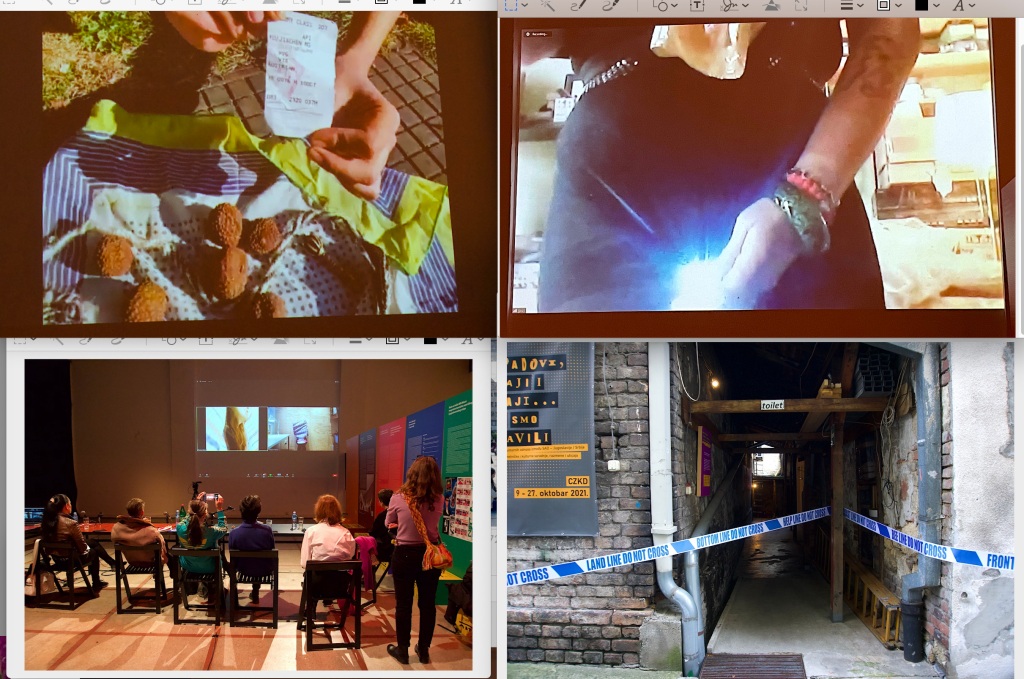
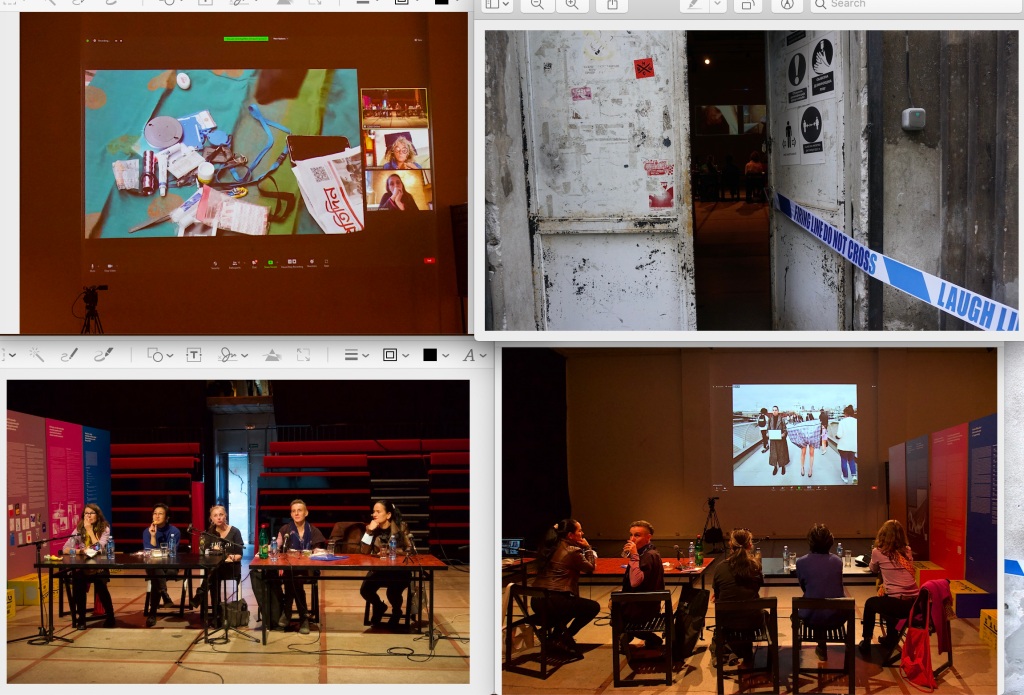
Links:
Exhibition Catalogue (Engl./Serb.) is available as free download at Academia.edu
Mis(s)placed Women? Project Blog
Mis(s)placed Women? Video Channel
KCB, Cultural Centre of Belgrade
NGVU, New Gallery of Visual Arts Belgrade
CZKD, Center for Cultural Decontamination
The exhibition and live events were supported by: Ministry of Culture and Information of the Republic of Serbia, Secretary of the Culture City of Belgrade, Goethe-Institut Belgrad, ifa: Institut für Auslandsbeziehungen, Germany, MSUV, Museum of Contemporary Art Vojvodina, Novi Sad and by Mis(s)placed Women? Community.
Media Partner: SeeCult, Portal za kulturu Jugoistocne Evrope

Photos:
Tanja Ostojić: Mis(s)placed Women? 2009-2021. Exhibition views, Podroom Gallery KCB. Photos: T. Ostojić
Tanja Ostojić: Mis(s)placed Women? 2009-2021. Exhibition views, NGVU Belgrade. Photos: Srdjan Veljović
Mis(s)placed Women? Live events, Performance Weekend, International Community Gathering, Photos: Vesna Milosavljević/Katarina Konstandinović/T. Ostojić
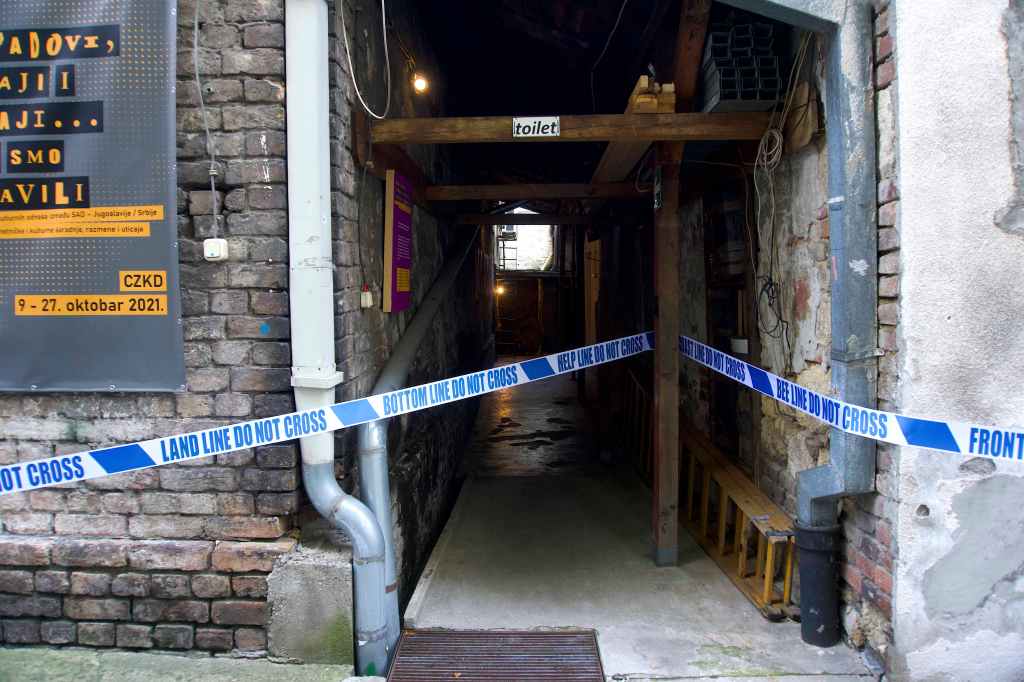

Tanja Ostojić(born 1972 in Yugoslavia) is an interdisciplinary and performance artist from Belgrade who has lived and worked in Berlin since 2003. She is internationally recognized as a pioneer of institutional gender critique and for her work in the field of socially and politically engaged feminist art and art in public space. Her artworks have a high level of theoretical reference and have been analyzed and included in numerous books, journals and anthologies.


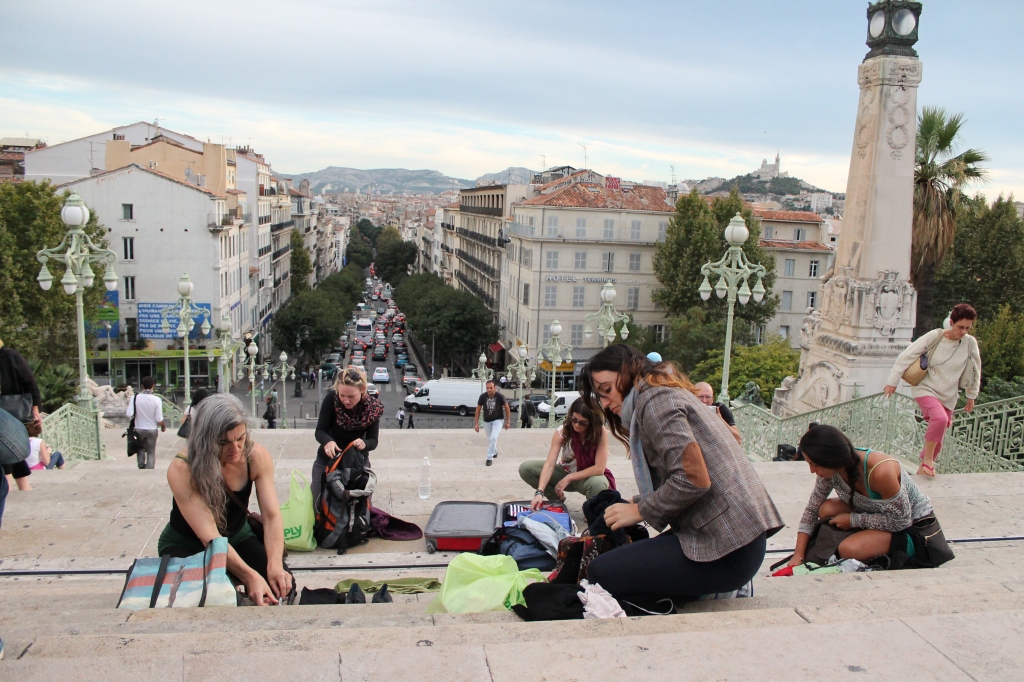

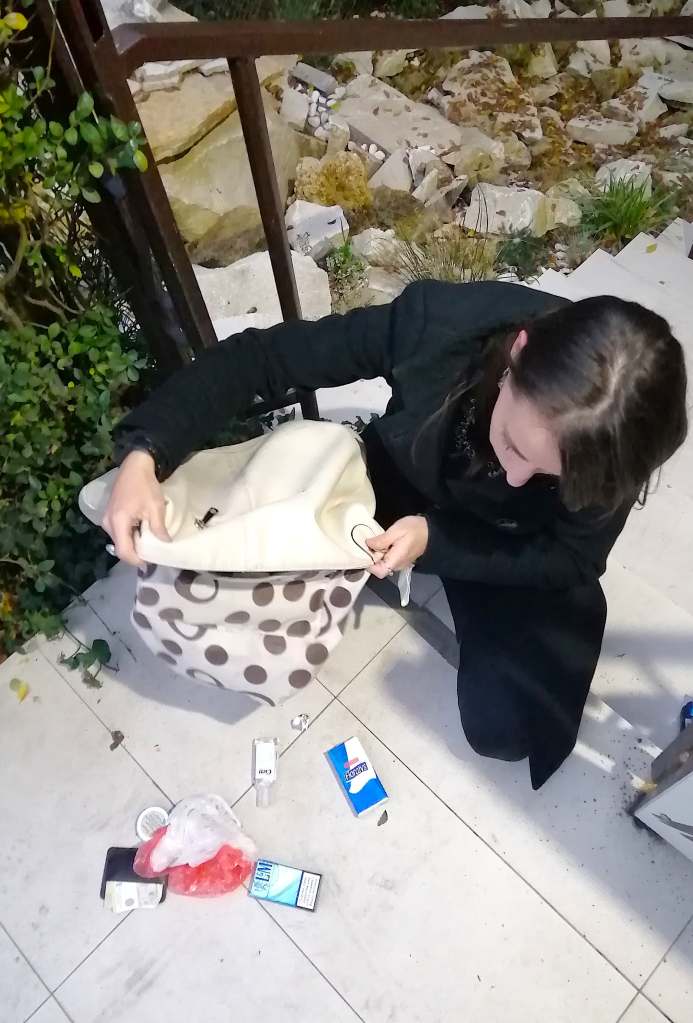
















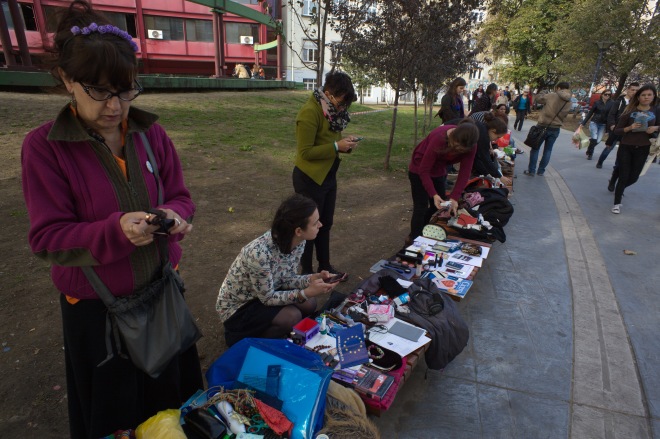

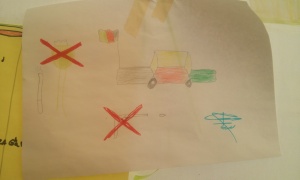



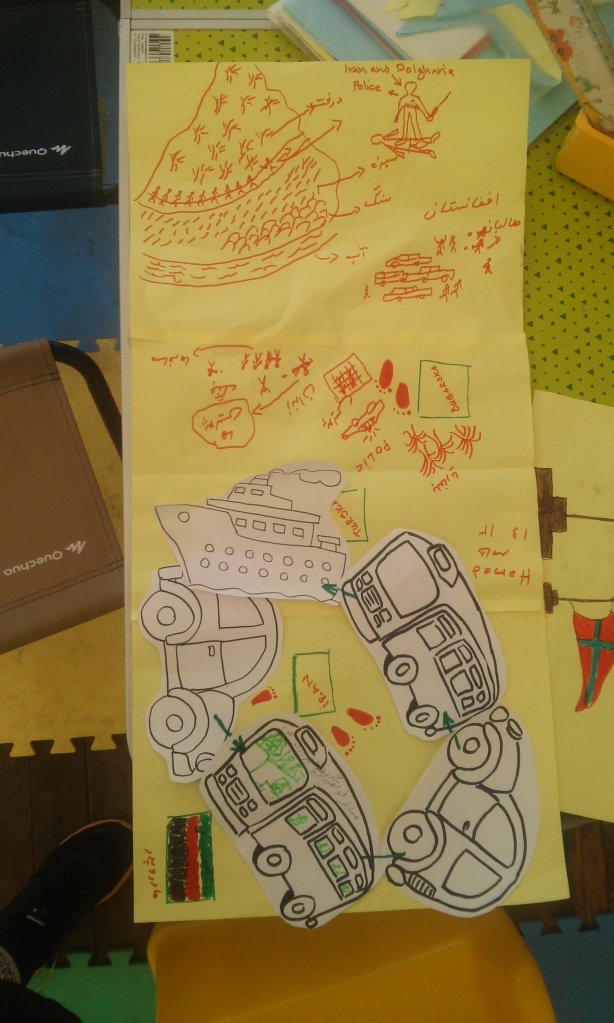


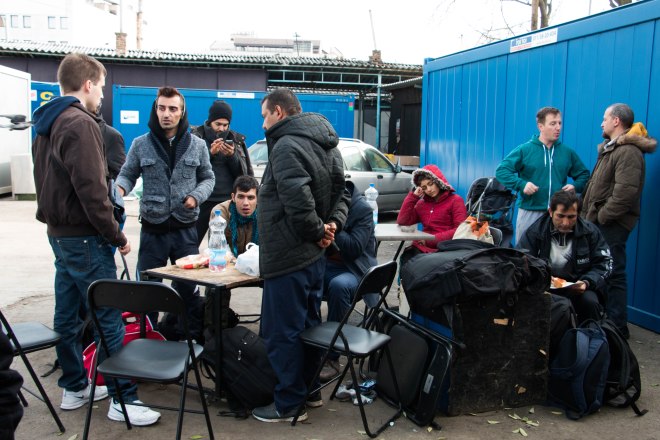

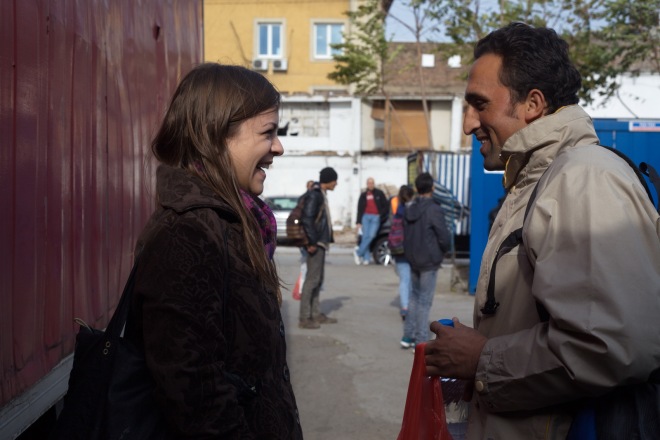

You must be logged in to post a comment.